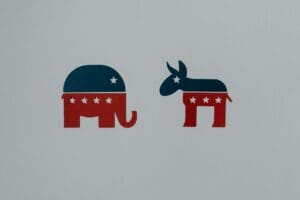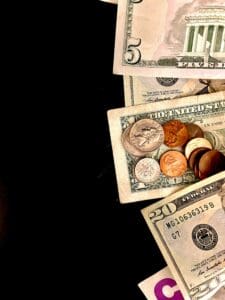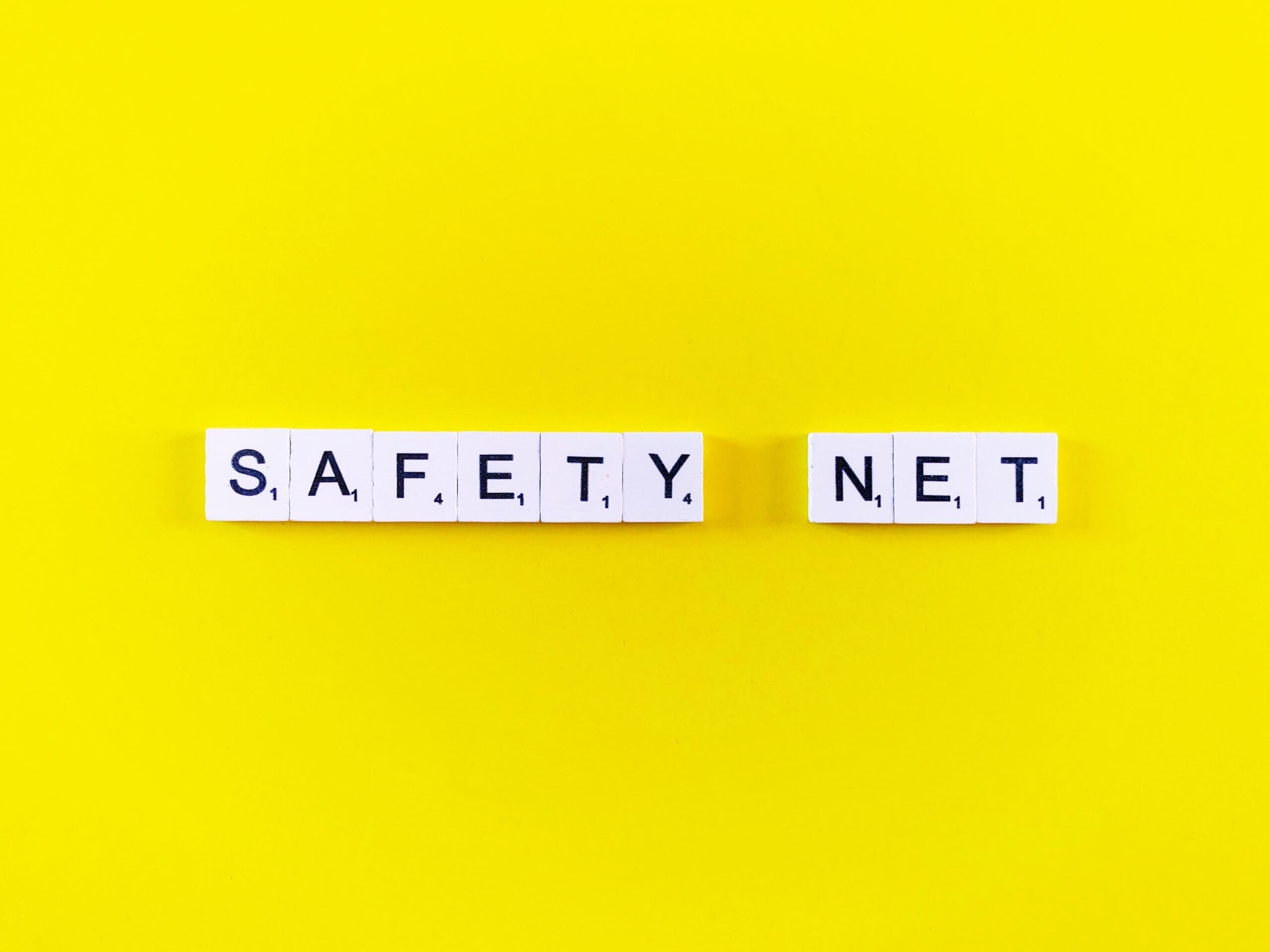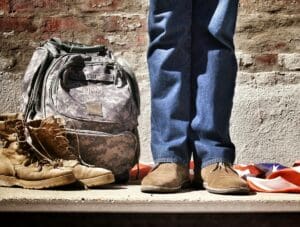This pandemic is not the last crisis that the U.S. labor market is going to face. UBI offers protection for the American people when crisis strikes again.
By: KC Ellen Cushman.
Original Post: https://dailyutahchronicle.com/2022/01/27/cushman-covid-19-universal-basic-income-ubi/
During the 2020 primary election, Andrew Yang had a unique plan to deal with the economic challenges facing America: Universal Basic Income (UBI). Yang’s UBI plan would give $1,000 each month to every American over 18 years old. Many Americans are skeptical of, if not downright opposed to UBI. I was in that camp, too, until the pandemic. COVID-19 changed my opinion on UBI — and it should change yours, too.
When Yang proposed UBI, I, like many Americans, immediately brushed off the idea. I had never heard of a welfare program that gave payouts to everyone, regardless of need. I’ve always been a supporter of social welfare programs like universal healthcare, more paid leave for parents and aid for people experiencing poverty. But UBI doesn’t work in the same way as those programs. However, COVID-19 revealed a huge weakness in America’s social safety nets and stimulus checks showed the potential that UBI has to fix it.
Crisis Doesn’t End With the Pandemic
The pandemic kept many people out of work for our nation’s safety and lockdown financially devastated many households. By April 2020, 32% of upper-income Americans said they or someone in their household had lost their job or taken a pay cut, and that number increased to 52% among low-income Americans. Paying bills, let alone saving money, was difficult for many. As a young person who hasn’t established a career yet, I was especially vulnerable. When lockdown started, my catering job disappeared with no notice, forcing me to work a job with a much lower wage as I moved into my first apartment. For the next year, I struggled to keep up with my bills.
The pandemic made the rich richer, and the poor poorer, as low-income Americans were much more likely to lose work and struggle to pay their bills during the lockdown.
In response to this financial devastation, the government stepped in, giving Americans stimulus checks. For me and many others, those checks were a financial lifeline as the pandemic made the labor market unpredictable. However, labor around the world will continue to change drastically, just like it did during the pandemic, as automation and climate change will cause millions of jobs to disappear.
While the estimate on how many jobs will be lost to automation by 2030 varies from 20 to 45 million, one thing is certain — automation will force people out of jobs. As many as a quarter of U.S. jobs are vulnerable to being lost to automation. Like the COVID-19 unemployment crisis, automation is set to affect low-income workers the hardest, as they are more likely to perform menial labor. UBI, like stimulus checks, would be a financial lifeline to people affected by automation, allowing them to pay their bills as they search for other employment.
Similarly, as we transition towards renewable energy, thousands of jobs in the fossil fuel industry will be lost, a trend we’ve already started to see. Those workers may not have the resources to easily find a job that can pay their bills in the same way. UBI can act as a cushion for these workers that oftentimes have spent decades in the fossil fuel industry. Also, as destructive weather events continue to get worse, UBI will help families stay afloat if they have been displaced by extreme weather.
Stimulus Checks Are Proof
One criticism of UBI is that it de-incentivizes work, ultimately harming the economy and employment. But, research on UBI has shown that any decreases in employment are offset by higher spending, which creates a greater demand for workers. Stimulus checks, which function similarly to UBI on a small scale, prove that UBI is feasible in the United States. Not only did stimulus checks significantly reduce food insecurity and financial instability, but, among poorer Americans, almost half of the stimulus money was reintroduced to the economy within only ten days.
This shows that UBI effectively reduces financial stress and gives poor Americans more money that cycles back into our economy.
A UBI would make it easier for Americans to get a college education to improve their work options. And, it consistently gives people more spending money to support American businesses and labor.
This pandemic is not the last crisis that the U.S. labor market is going to face. UBI offers protection for the American people when crisis strikes again. Additionally, it will allow poorer Americans the ability to engage with the economy more, making a better economy for all Americans. I understand why the idea can seem absurd or outlandish, but it is a viable solution to the weaknesses of our current social safety nets and it is a policy we should pursue.




















